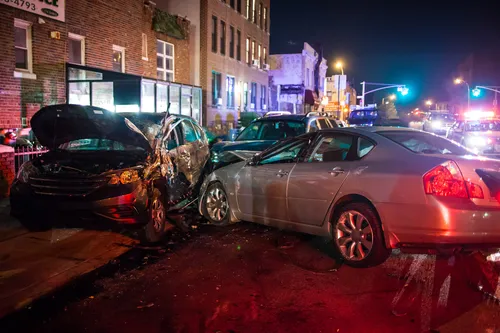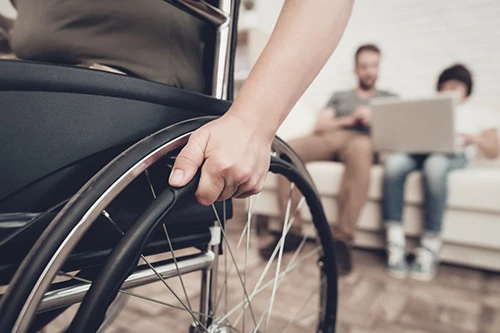Drinking and driving is an all too common combination, and the accidents that happen from such a mix is often devastating. According to the Centers for Disease Control and Prevention, 29 people die daily due to alcohol-fueled auto accidents. These incidents are due to the effects that alcohol has on the brain of a motorist. But how exactly does alcohol influence the mind?
How alcohol impacts the brain
Here are just the main effects people can suffer from after consuming alcohol:
- Vision. Excessive alcohol consumption can significantly impact your vision. After drinking a certain amount, your vision becomes blurry, and you’re unable to control any eye movement. Loss of vision can lead to poor decisions on the road, as your judgment of distances on the road becomes impaired. Additionally, your peripheral vision decreases.
- Judgment. Judgment abilities are essential when driving a vehicle. You always make decisions based on your driving speed, weather, and road conditions. If you consume alcohol, your foresight might diminish, leading to an inability to make vital decisions. For instance, a car may be accelerating and often decelerating while in front of you. Typically you would have your foot on the brake at all times to help prevent your vehicle from ramming into the erratic car. However, under the influence of alcohol, you may misjudge the distance between you and that car and be unable to protect yourself from an accident.
- Focus. Concentration takes a nosedive when you consume any amount of alcohol, and you need that ability when driving on the road. Focus is required to stay in your lane, maintain the proper speed limit, and obey traffic signs. To reduce concentration is to increase your risk of getting into an accident.
- Reaction speed. Your reaction speed considerably slows when alcohol lingers in your body, rendering you incapable of responding efficiently and quickly to various scenarios. For instance, if a vehicle is coming at you, you may be unable to swerve fast enough to avoid a head-on collision.
- Motor skills. Your coordination is affected after you drink alcohol. Without these skills, you may be unable to avoid harm coming your way. You may also find it more difficult to move your foot to the brake or accelerator.
Effects of different BAC levels
The higher your blood alcohol content (BAC) levels are, the more drastic the alcohol’s effects become. Below are just some of what to expect after consuming alcohol:
- 0.02. At a minor level of 0.02 (the equivalent of about one drink for a 150-pound man), you may begin to experience a lack of judgment, experience mood swings, suffer from decreased vision, and lose the ability to multitask.
- 0.05. An increased lack of judgment occurs with a BAC of 0.05. Additionally, loss of coordination and small muscle control, decreased awareness of surroundings and objects, and increased recklessness begin to happen. There are also little to no inhibitions, and reactions become delayed.
- 0.08. At 0.08, expect lower muscle coordination, a complete lack of judgment, impulsiveness, memory loss, concentration loss, and reduced mental processing.
- 0.10. At this point, there is little to no coordination, reaction times have slowed to a crawl, and you lose complete control of the vehicle. Slurred speech is also common.
- 0.15. Loss of balance, little to no muscle control, impaired vision and hearing, complete inattention, and vomiting are what happens at this BAC level.
Drinking and driving — it’s never worth it
Alcohol affects the motorist’s brain even after a single drink. Effects can range from decreased vision and judgment to loss of all muscle control, impaired hearing, and complete inattention. These can cause not only devastating accidents but also shattered lives.
The Effects of Alcohol on a MotoristIf a drunk driver has struck you, please consult a personal injury attorney. A personal injury attorney will help guide you through the claims process and even fight for your fair compensation as you focus on your physical and psychological recovery.

